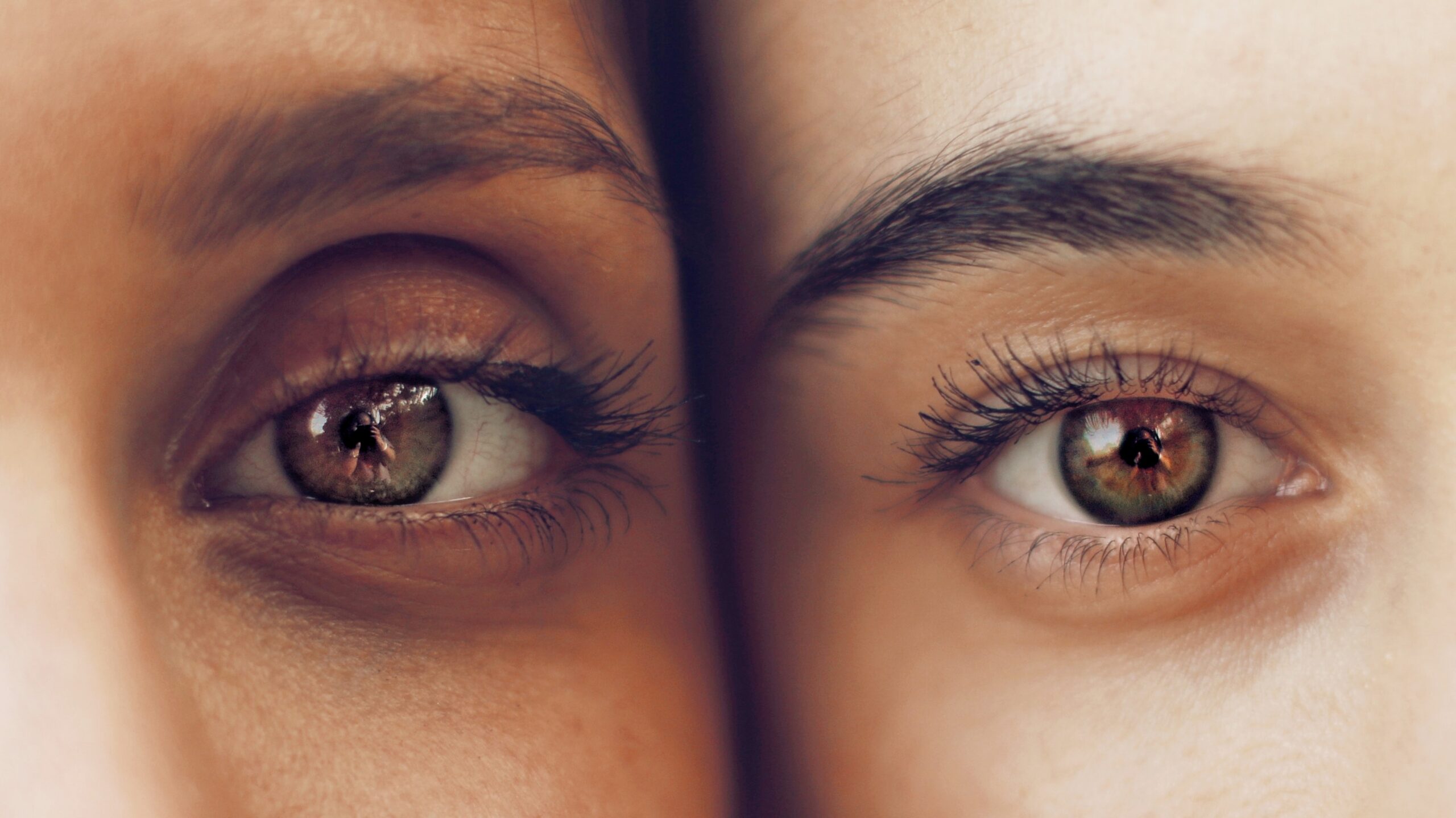Differences in taking care of emotional well-being between extroverts and introverts

Extroversion and introversion are psychological terms. We often understand those terms as a person’s tendency to communicate or, the opposite, to avoid a social life. In reality, everything is a bit more complicated – extroversion and introversion are described mainly by specialists as ways in which a person draws energy in relation to himself and others. Extroverts usually get energetic from social activities – they tend to expand their horizons, experience, and see as much as possible. In contrast, introverts get energy from their inner world, reflections, and experienced feelings.
According to M. O. Laney (2002), Ph.D. in psychological sciences, extroverts seek the breadth and abundance of their experiences, while introverts seek depth and richness. Psychotherapist C. G. Jung understood extroversion and introversion as a person’s relationship with the outside world, the object. In this sense, extroverts are oriented more toward the “object” and introverts toward the “subject” (themselves). Of course, we all relate to the world through ourselves, according to C. G. Jung. For this reason, different people will perceive any phenomenon or situation differently.
There are not many people who can be called absolute extroverts or introverts. Most of us can probably remember someone who is particularly communicative in large groups of people but can become much less open in a more intimate environment. Also, some introverts may experience social anxiety in a larger group but become much more socially active in a smaller group. So, each of us may exhibit different psychological characteristics in different circumstances.
Difficulties faced by extroverts and introverts. How to practice self-care?
🌱 Extroversion/introversion, as a predisposition, have its advantages and limitations. According to C. G. Jung, extroverted individuals might pay too little attention to their inner needs, both psychological and physical, perceiving them as too little “objective.” For example, some people might suppress their feelings of loneliness because they see that they have many relatives and friends around them, so objectively, a such situation does not seem “lonely.” Listening more to the “signals” sent by the body and reflecting on the deep feelings might help extroverts to focus on their inner subjective world sometimes. If you are an extrovert, try not to avoid talking about your inner experiences. Embrace it from time to time instead.
🌱 One of the difficulties introverted people might face is that Western culture seems to encourage and support extroversion more. According to Lawn et al. (2018), the view that introversion is a “lack of extraversion” is more common in the West. Introverts are often described as quiet, closed, non-involved people, while Western cultures value expressiveness and personal strength. A study conducted by psychologists showed that introverts who felt comfortable with their introversion had a greater sense of authenticity, which directly related to their psychological well-being. Therefore, understanding your introversion as a unique quality, not as a disadvantage, is essential.
🌱 In terms of overall emotional well-being, it would be most important for introverts to respect and satisfy their desire to be alone. Introverted people have a lot of internal activity, so stimulation from the outside can be overstimulating and make them feel overwhelmed (Laney, 2002). Introverts need to look for a safer, calmer environment, with as few external stimuli as possible, where they can spend time in their inner world and thus recover their energy. Also, don’t seek to be more extroverted. When you’re in a larger group of people, don’t blame yourself if you don’t engage in conversations as much as others – remember that everybody has different personality traits. After all, you can always talk to an interesting person or ask an important question in private.
We humans are similar and different from each other at the same time, so reflecting on your relationship with the world and what helps you recharge your energy is beneficial for both extroverted and introverted people. Take some time, notice, and identify that. For example, which activity, people, or type of conversation recharges you? In which context do you feel more energetic, rested, and away from your worries? The answer might be your next step, fostering self-care and improving mental well-being.
Want to learn more about emotional well-being? Reach out to our team and get a free consultation now.
